Contrary to popular belief, marriage may actually be bad for women’s well-being and happiness, and several studies attempt to find out the real answer to that.
KEY POINTS- Researching marital effects on happiness is tricky because happier people are generally more likely to get married than others. Still, statistics suggest that the chance of marriage being happy is no better than 50 percent. Women, research finds, have a lower chance of finding a partner to love than men. But they're also more satisfied with living as a single person.
The book Happy Ever After The Myth of the Perfect Life by Paul Dolan made a splash when it came out in 2019. It was reviewed in several major news outlets. The chapter that attracted the most attention, perhaps, was the one on marriage. In it, Dolan suggested that marriage is bad for women’s happiness.
It later turned out that Dolan had misinterpreted a key piece of evidence on which his claim was based. Married women, Dolan said, reported being happy when their spouse was in the room at the time they were answering the question but not when the spouse had left the room. What the data in fact suggested was that married women who were separated from their spouses – and not those whose spouses were not in the room – reported feeling unhappy.
It could be, however, that marriage adversely impacts women’s happiness, even though the particular evidence Dolan cites does not support the claim. Does it?
Related: Studies Reveal That Men Gain More From Marriage Than Women
Is marriage bad for women’s well-being?
Studies that compare subjective satisfaction among married and unmarried people tend to find that married people and those in committed relationships are happier than those who are single, and this seems true of both men and women, although the effects are not large.
However, these types of comparisons are misleading since happier people are also more likely to get married. So we can expect higher levels of happiness among married people even if the marriage does not increase anyone’s happiness.
A better approach would be to follow the same people over time and see how marriage impacts their happiness. Some studies that adopt this method find what has been dubbed the “honeymoon effect”: an increase in happiness in the leadup to marriage and the period shortly after but a gradual waning of the effect later.
A similar pattern has been observed in other circumstances. We adjust to major life events, both good and bad, and over time, tend to revert to our baseline level of happiness, an effect known as the “hedonic treadmill.”
Another study that followed the same people over time found a long-lasting positive correlation between marriage (as well as stable-long term relationships without marriage) and happiness. However, the effect was much larger for people who saw their spouse as their best friend compared to those who didn’t.
Good marriage, bad marriage
Where does this leave us? When it comes to marital happiness, much depends on how close one is, emotionally, with one’s partner. The best marriages and long-term relationships – the unions of soulmates – seem to make people, men, and women, happier. Mediocre marriages, or those full of turmoil, may do the opposite. Getting married, then, is a bit like playing the lottery.
What are the odds of winning? Statistically, they are not great: 40-50% of marriages, in the U.S. at least, end in divorce (more often initiated by women), and that’s not counting the couples who stay married but are estranged. So the chance any given marriage would last is about 1 in 2. The chance a marriage would not only last but be a happy one is smaller.
Why are happy marriages a rarity?
Related: 10 Reasons Why More Women Are Steering Away From The Concept Of Marriage Nowadays
A striking Tinder finding
There is a long conversation to be had about this, but consider the following: attractiveness seems unequally distributed. A handful of people are attractive to many while a large number are desirable to few. Attractiveness may be particularly unequally distributed among men.
According to one finding, while heterosexual male Tinder users “liked” the profiles of the majority of women, 78% of heterosexual female Tinder users “liked” the profiles of only 20% of men. This pattern is not encouraging. It appears that the majority of women are competing for a small proportion of men, at least on Tinder, which means that few people, men or women, are likely to find suitable dates on the site.
It could be that the asymmetry between men and women on Tinder is driven by different goals in using the app, e.g., it may be that women are more selective because they are looking for a long-term relationship while men are more often interested in casual dating and so set the bar lower. But whether attractiveness is highly unequally distributed among men only or both men and women, the stats do not bode well for the prospect of finding a desirable partner on anyone’s part, at least on a dating app.
We must be cautious in interpreting the Tinder evidence, however. It should not be taken to mean that only a small percent of people can ever find a desirable partner. It is quite possible that users overlook the dating profiles of people they could come to deeply love and be loved by. But that points to yet another way in which luck plays a role here: We must not only happen to meet a potential soulmate but recognize that person when we encounter him or her. And what are the signs?
Sometimes it happens, as it did for my spouse and me, and when it does, marriage is wonderful. My point is that whether it does or not is largely a matter of luck. We can do certain things to increase our chances of building a lasting, loving relationship. I have argued elsewhere that we don’t help ourselves by never making a commitment or by focusing on minor flaws in the relationship. But there is only so much one can control.
The good (and not so good) news
While finding love is not easy, we can be perfectly happy single. In one UK study, 61% of single women and 49% of single men reported being happy with their relationship status, and the percentages can be higher if we combat the singlehood stigma. This brings me to my last point.
Some parents and friends put pressure on single people to get married. If we truly had single people’s interests at heart, a better strategy would be to respect their choices and make it easier to be unpartnered. Among other things, this may reduce the number of failed marriages as fewer will marry for the wrong reasons.
It is, perhaps, surprising that singlehood continues to be stigmatized given that a third of U.S. adults are single. Some single people feel lonely on family holidays. It doesn’t have to be this way. It is this way because the streets become empty on such nights as Christmas Eve.
Related: From Father To Son: 5 Secrets To Have A Happy Marriage
Many single people are averse to the idea of being seen out alone just then. But if everyone who’d rather go out did so, the streets would be as busy as ever. When towns fall silent, we get the impression that everyone is home with their family. This isn’t true. Everyone is home, but millions are home alone.
For more essays by Iskra Fileva, check out her column at Psychology Today: https://www.psychologytoday.com/us/contributors/iskra-fileva-phd
Written By Iskra Fileva Originally Appeared On Psychology Today
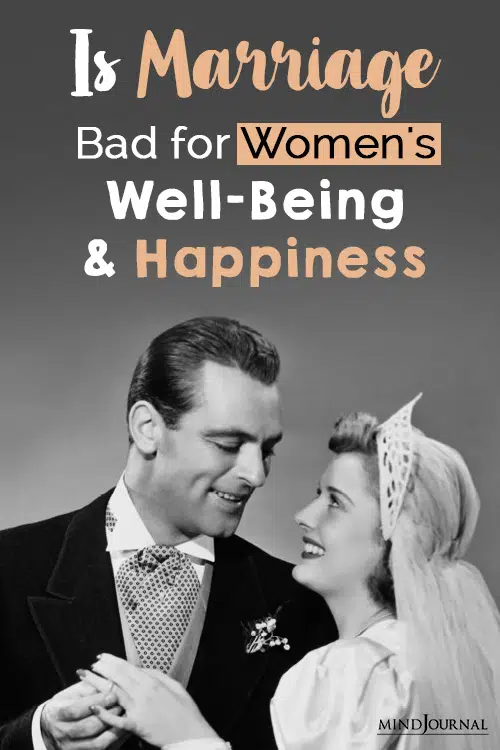
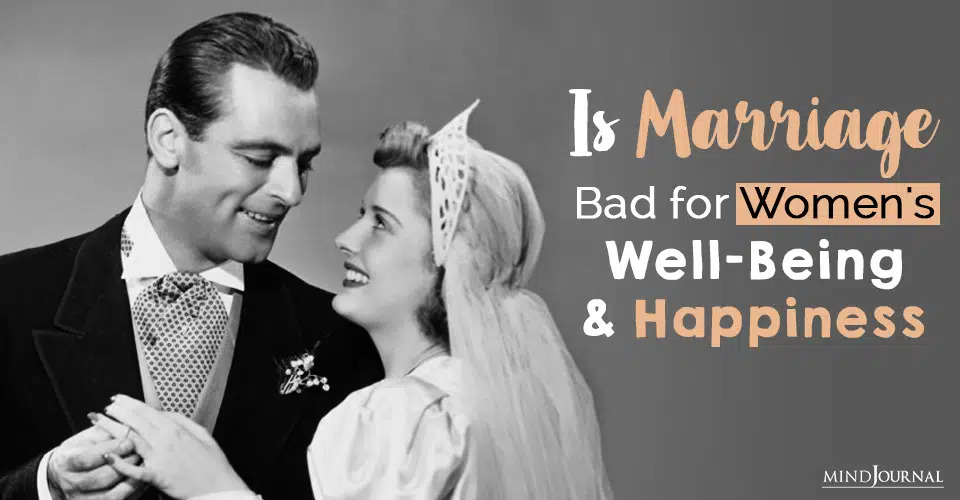

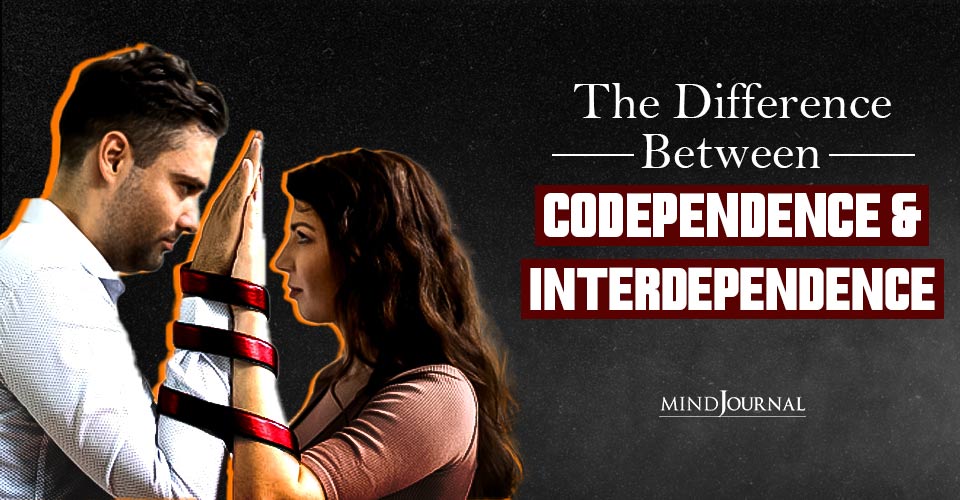


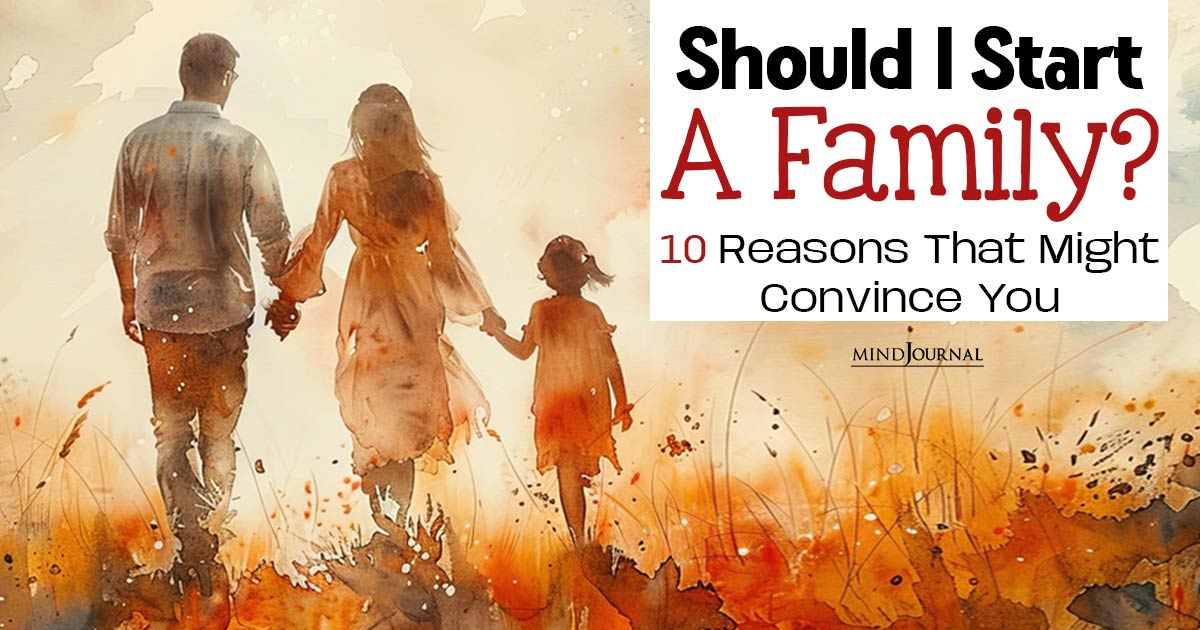
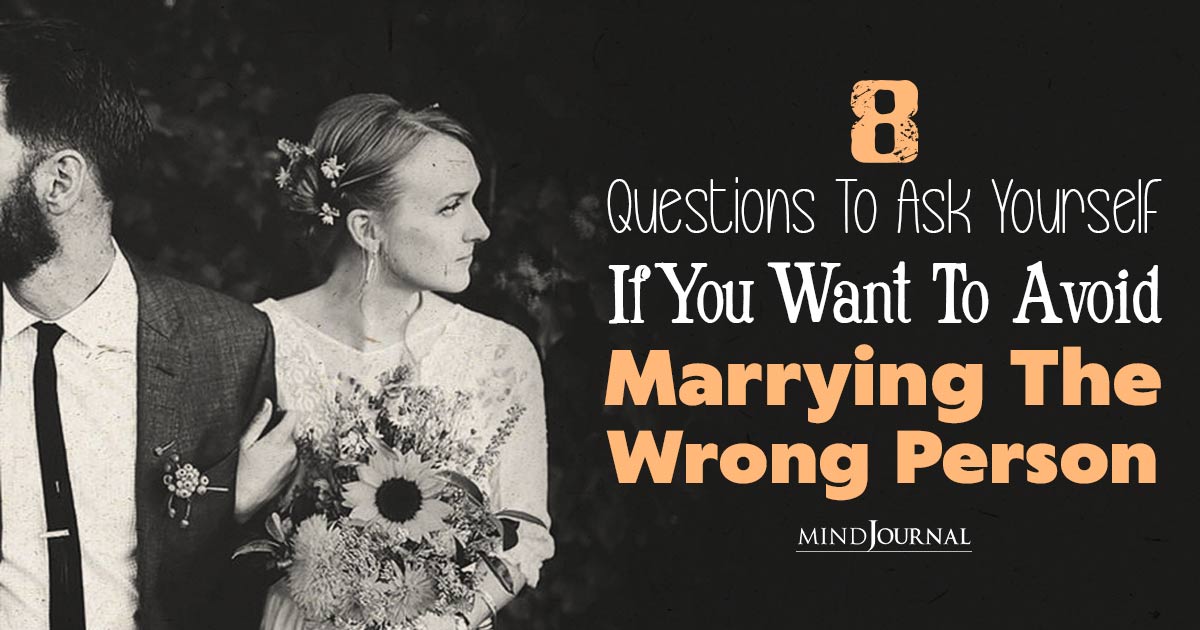
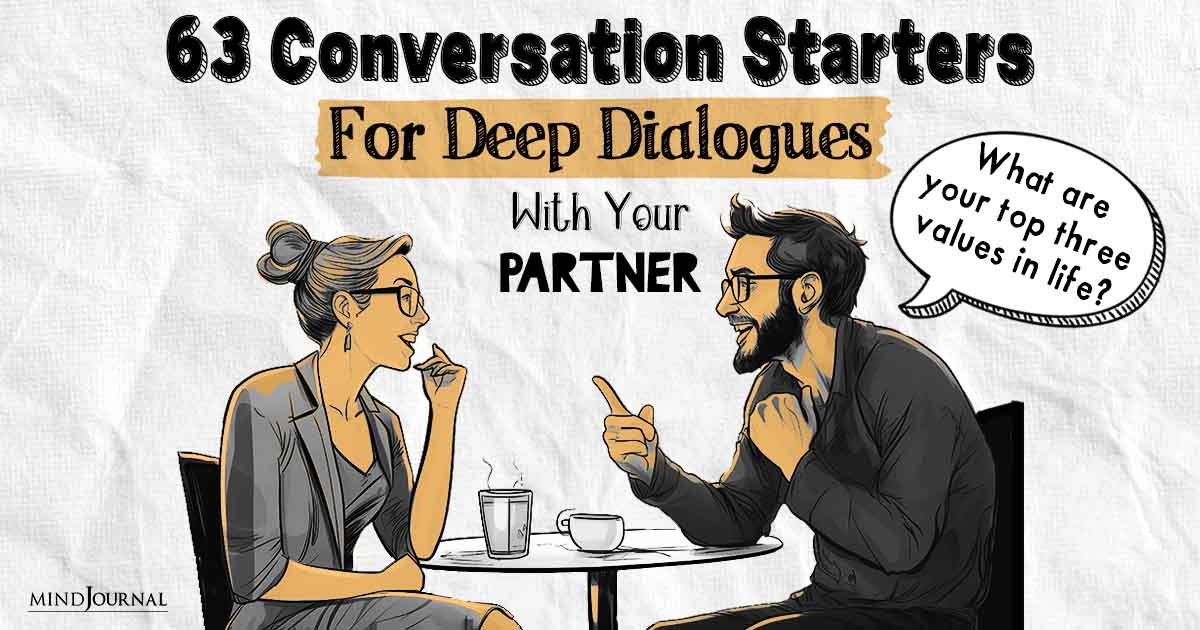
Leave a Reply
You must be logged in to post a comment.